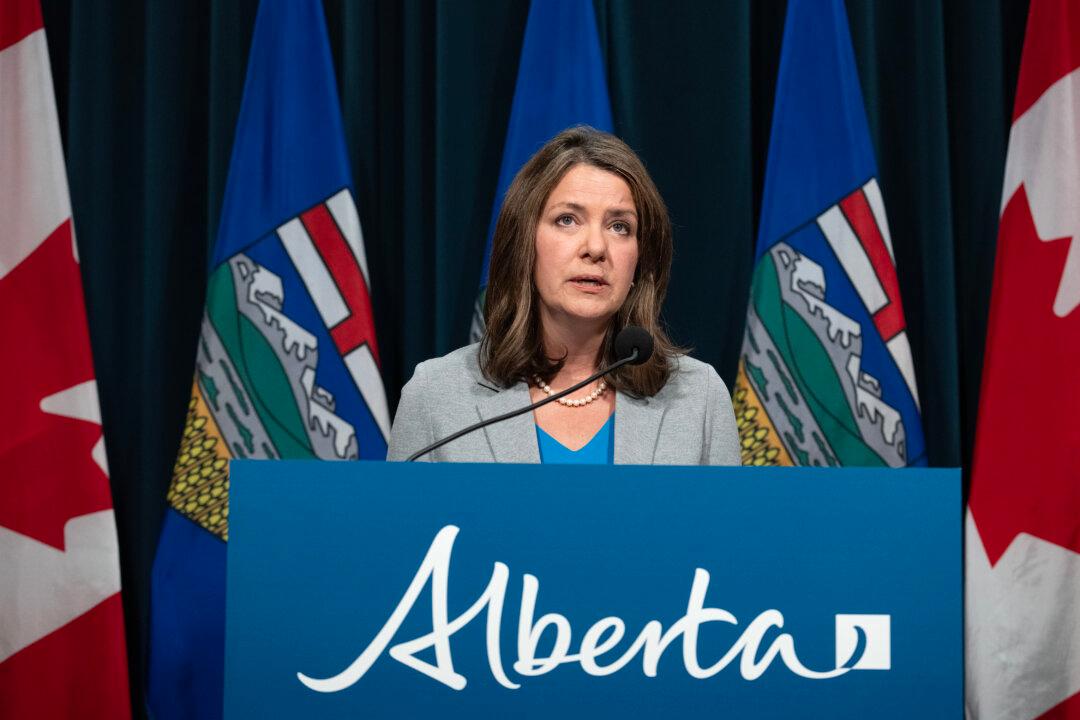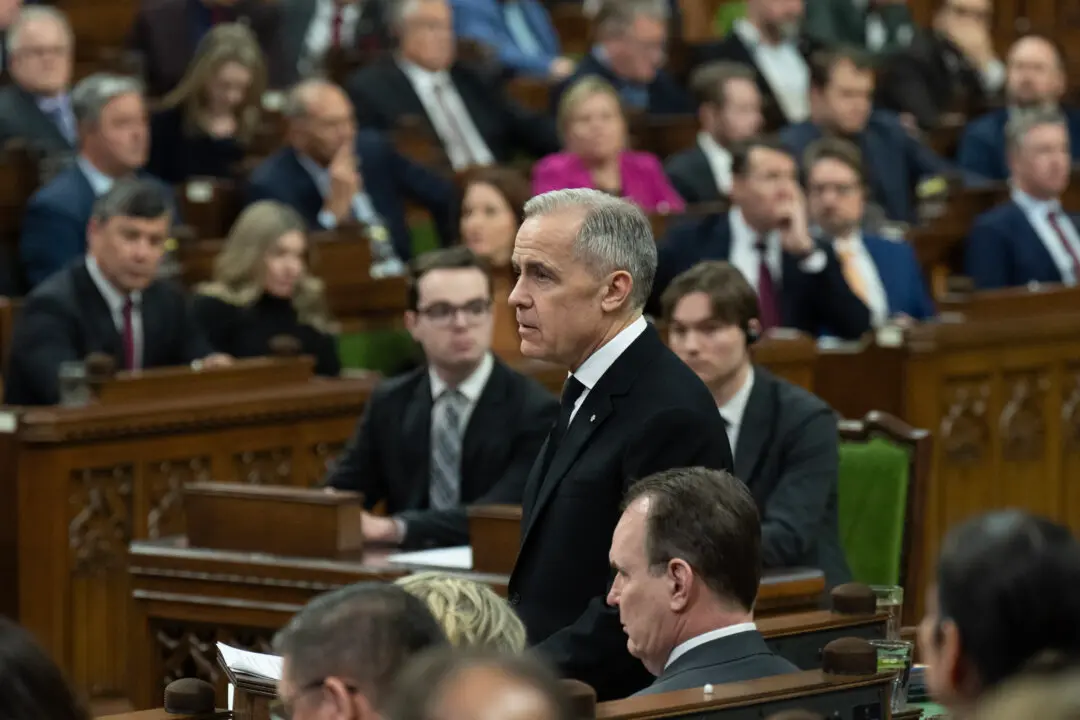Alberta and Quebec have announced plans to “opt out” of Ottawa’s proposed national pharmacare program, citing a lack of consultation and the potential for high provincial administrative costs.
The pledge to pass on the country-wide health initiative comes just days after the NDP confirmed it reached a deal on pharmacare with the Liberals. The proposed plan would allow every Canadian with a health card to access free diabetes medication and birth control.





